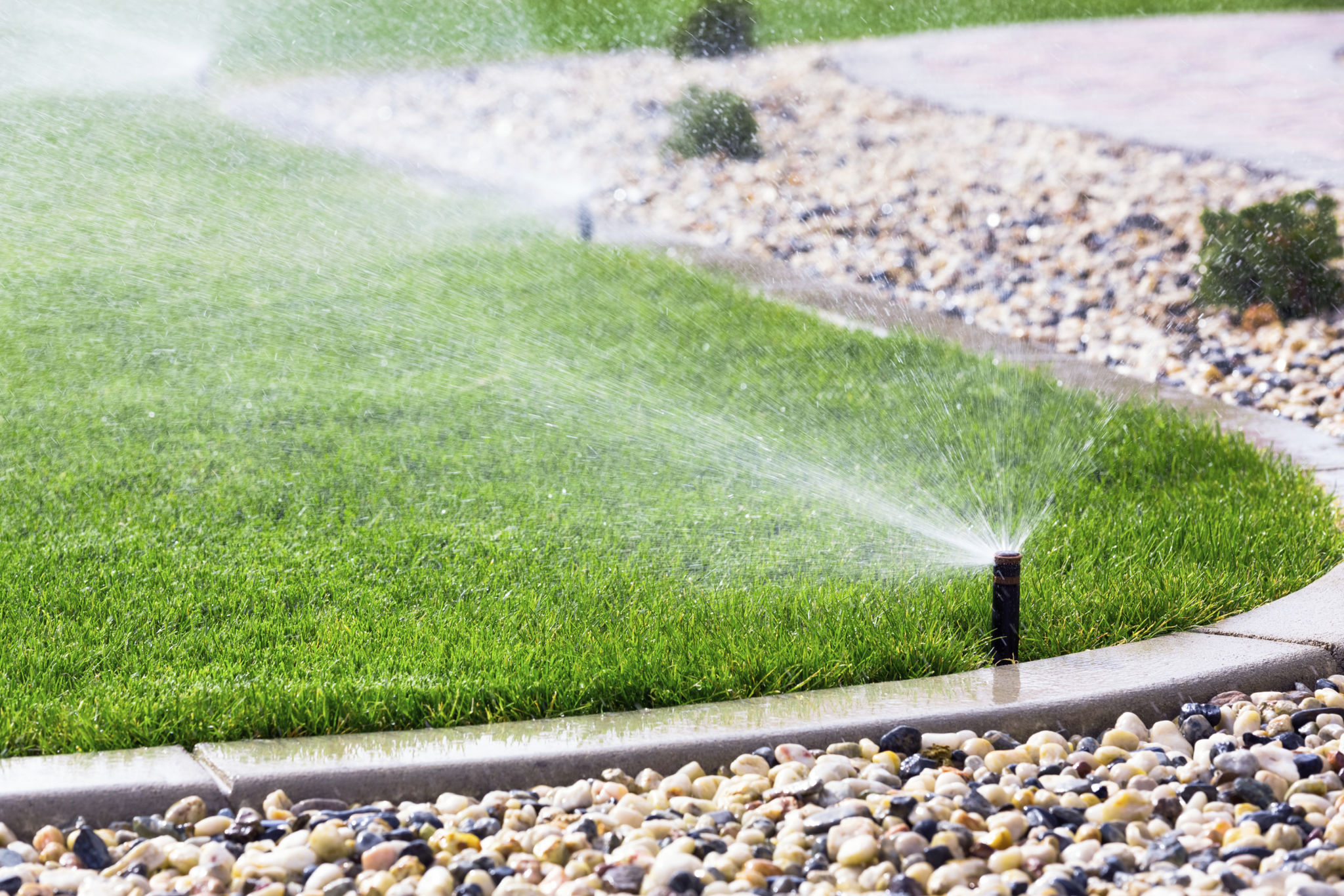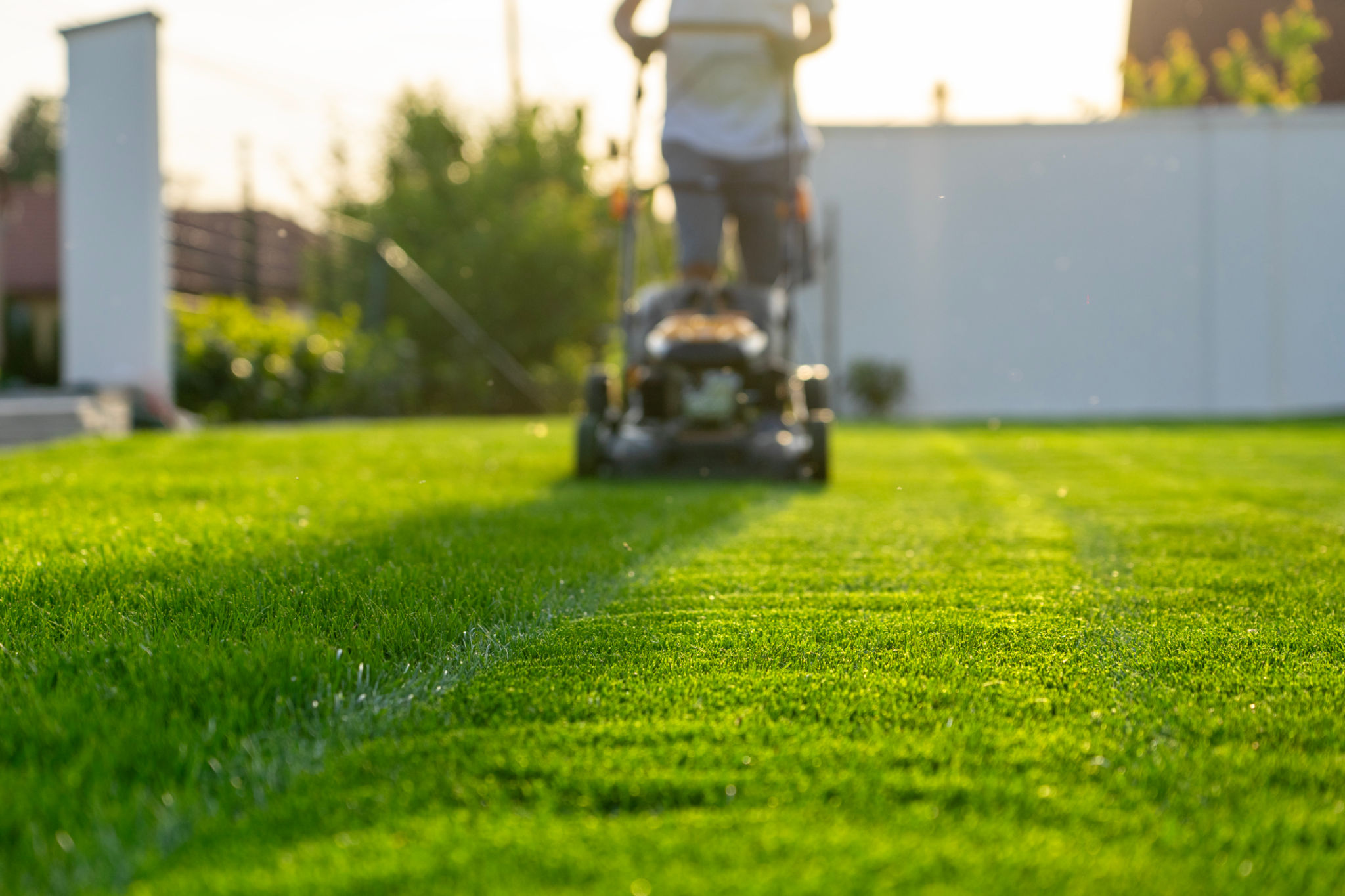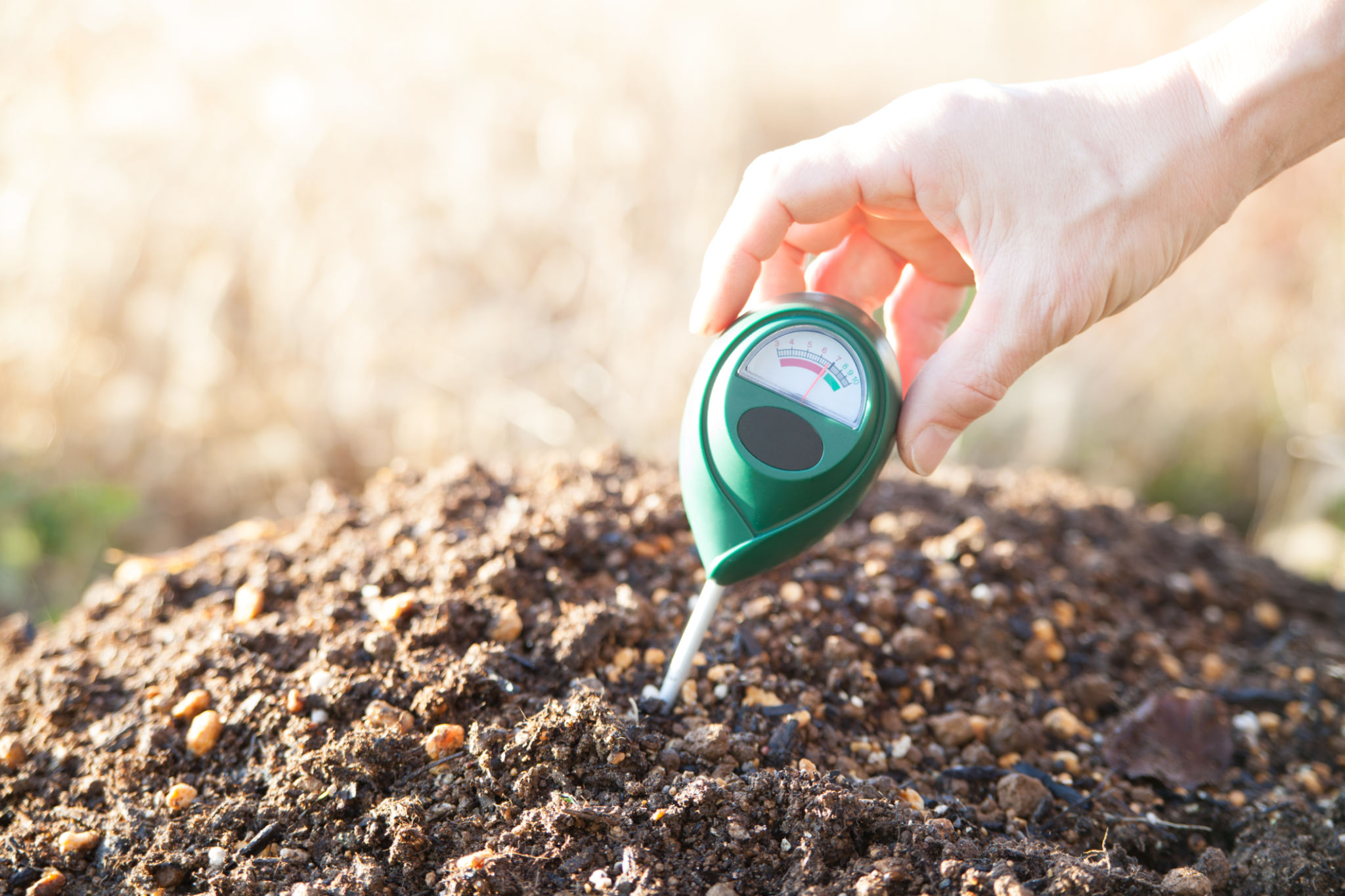Top 5 Lawn Care Mistakes Homeowners Make and How to Avoid Them
Overwatering Your Lawn
One of the most common mistakes homeowners make is overwatering their lawns. While it might seem like more water equals a healthier lawn, this is actually a misconception. Overwatering can lead to shallow root systems, making your grass more susceptible to drought and disease. Instead, aim for about 1 to 1.5 inches of water per week, including rainfall. This encourages deeper root growth and a more resilient lawn.

How to Avoid Overwatering
Consider investing in a rain gauge to measure how much water your lawn is receiving from both rainfall and irrigation. Additionally, use a sprinkler system with a timer to ensure precise watering. Watering early in the morning is ideal to prevent evaporation and fungal growth.
Mowing Too Short
Another frequent error is mowing the grass too short. Cutting your grass too low can stress the plant and make it more vulnerable to weeds, pests, and disease. Each type of grass has a recommended height it should be cut to; generally, you should never remove more than one-third of the grass blade at a time.

Correct Mowing Practices
Adjust your mower height according to the season and type of grass. Regularly sharpen your mower blades to ensure clean cuts, which reduce stress on the grass. Leaving grass clippings on the lawn can also serve as a natural fertilizer, returning essential nutrients back to the soil.
Ignoring Soil Health
Healthy soil is the foundation of a thriving lawn, yet it's often overlooked by homeowners. Compacted soil, low pH levels, and nutrient deficiencies can all hinder grass growth. Conducting a soil test can provide insights into what your lawn may be lacking.

Improving Soil Quality
Based on the results of a soil test, you might need to aerate your lawn to alleviate compaction or apply lime to adjust the pH levels. Regularly adding organic matter such as compost can enhance soil fertility and structure, supporting robust grass growth.
Neglecting Seasonal Lawn Care
Each season brings different challenges and requirements for lawn care. Neglecting seasonal tasks like fertilization, aeration, and overseeding can leave your lawn less prepared for changes in temperature and weather conditions.
Seasonal Lawn Maintenance Tips
Create a seasonal lawn care schedule that includes fertilizing in the spring and fall, aerating during cooler months, and overseeding as needed. Paying attention to these tasks at the right time can significantly improve your lawn’s health and appearance year-round.
Using Incorrect Fertilizer
Applying the wrong type or amount of fertilizer can do more harm than good. Different grass types have varying nutrient needs, and using too much fertilizer can lead to nutrient burn or excessive growth requiring more frequent mowing.
Choosing and Applying Fertilizer Wisely
Consult with a local garden center or extension service to determine the best fertilizer for your specific grass type. Always follow the recommended application rates on the packaging, and consider using a slow-release fertilizer for consistent nutrient delivery over time.

